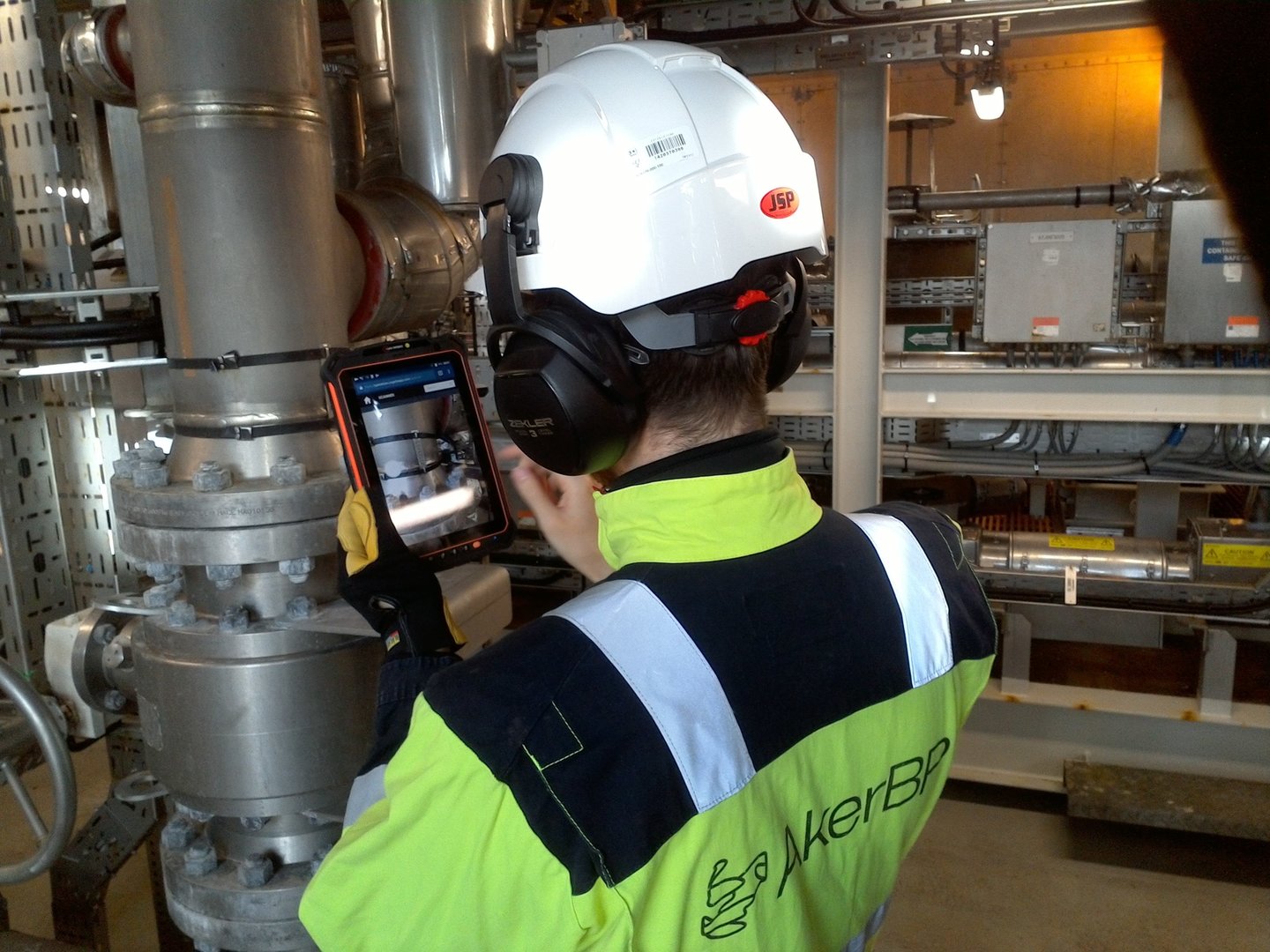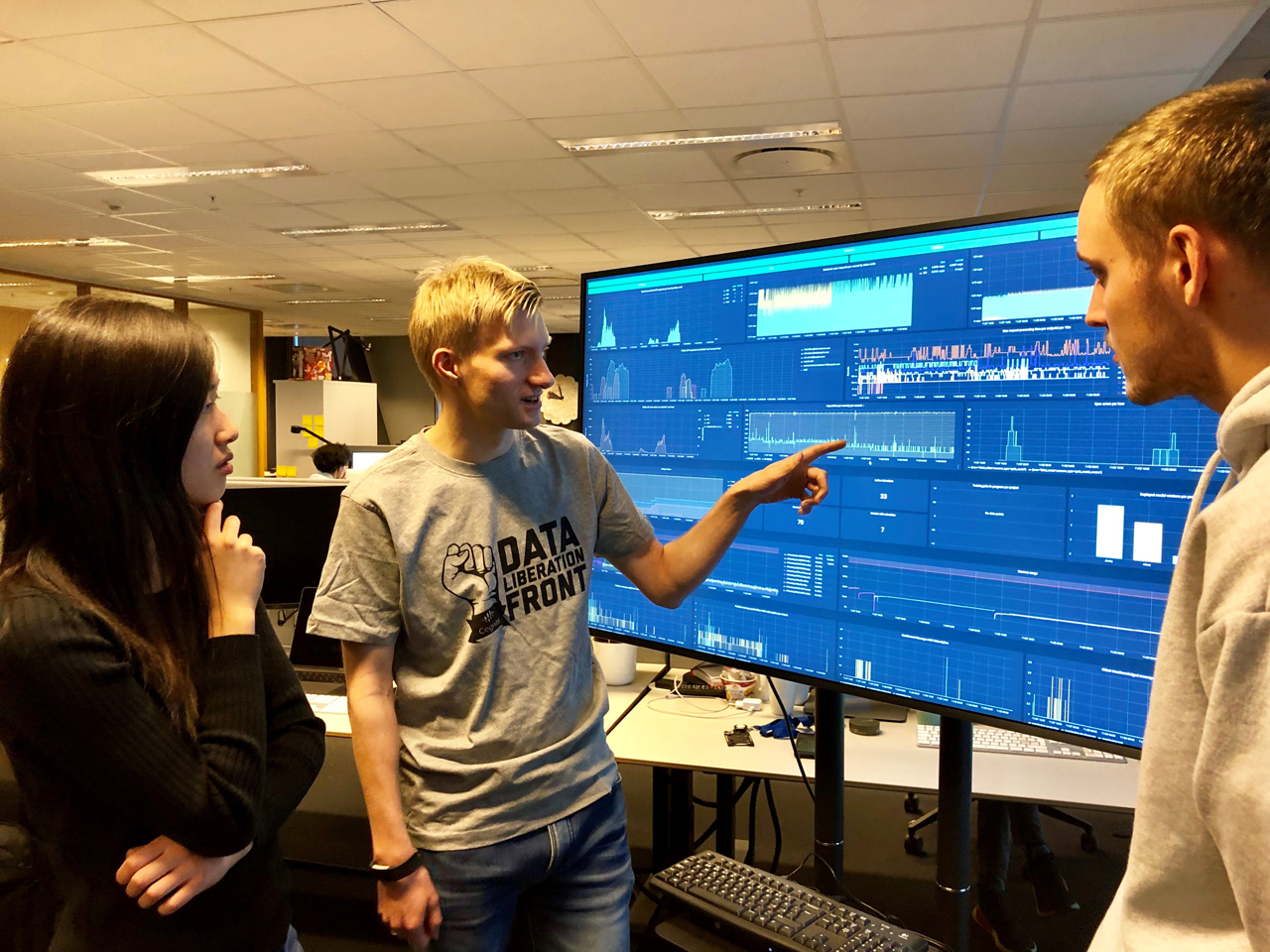
Paula Doyle | Cognite vice-president
Q&A: Operations
Liberating digitalisation in oil and gas: a conversation with Cognite
Digitalisation is a buzzword in the oil and gas industry, but digitalisation at scale has proven to be a challenge. Norwegian company Cognite is now providing digitalisation services to 19 different oil and gas companies, with its unique platform aiming to ‘liberate’ data and make it more accessible. Umar Ali sat down with Cognite vice-president Paula Doyle to find out more.

Paula Doyle | Cognite vice-president
Credit: Courtesy of Cognite
T
he Department for International Trade (DIT) is responsible for promoting international investments and trade in the UK, as well as developing trade policy framework. As new markets are developed and the financial landscape is shifted by changes like Brexit, the DIT works to ensure investments in the UK remain stable and profitable.
In the thick of it is Campbell Keir, Deputy Director of Energy and Infrastructure responsible for the Oil and Gas, Renewable Energy, Civil Nuclear and Infrastructure portfolio.
Umar Ali: Could you give me an overview of Cognite?
Paula Doyle: Cognite is an industrial software company that was founded to meet the needs of industrial digitalisation. It merges top global software talent with industrial domain experts to enable value creation for companies at scale.
We believe in the power of data and our mission is to make data available instantly for machines and humans so that they can get greater insight and make better decisions.
Could you tell me a little about your digitalisation platform?
The Cognite Data Fusion (CDF) contextualises data to create an operational digital twin of an asset portfolio. This starts with liberating the data from its source systems and CDF is built to liberate industrial data in all its forms.
Once liberated, the data is linked so that it is easy to find and put to use. To achieve this, we create modular real-time data pipelines with contextualisation models to match, integrate and normalise data, creating data models to enable cross domain analytics and visualisations.
Contextualisation is the key and the relationships created transform data into accessible human-like intelligence. The combination of data liberation and contextualisation, and the accessibility of this intelligent data are key features of CDF that enable rapid and scalable value creation.
How has digitalisation advanced in the past few years?
In the last few years I have observed a notable sense of urgency in the industry. Many argue that we have been doing digitalisation for decades with integrated operations, but what I see now is a greater understanding of the need for analytics at scale.
There is a shared belief that analytics at scale and the availability of the results of these analytics will deliver significant value in the industry.
I see a clear advancement in the need to understand ‘how’: How do we get to that point of large-scale value outtake? We have been obsessing about that these past few years and have made large leaps forward both on technology and operational processes to execute digitalisation at scale.

Credit: Courtesy of Cognite
How have oil and gas companies responded to digitalisation so far?
Oil and gas companies are not a homogeneous group, and as we discuss with a large variety of companies globally, we see the full spectrum of technological understanding, organisational understanding and willingness to execute.
However, generally I would say that oil and gas is certainly on the move. There are clear leaders that are paving a path and sharing their experiences on the benefits of embracing digitalisation. I believe the industry understands that we can’t go backwards, and to keep a competitive edge it’s imperative to act now.
However, I would encourage oil and gas companies to truly consider and evaluate what their competitive edge is, and which parts of their digitalisation infrastructure should be built and supported by partners vs in-house DIY efforts.

Credit: Courtesy of Cognite
Were there any challenges in developing the platform?
Building software that liberates and contextualises industrial data at scale with high availability and security but low latency is a significant challenge, and this is why we have collected top software talent from around the globe from companies such as Google, Microsoft and Facebook.
Building a product that crosses industries requires a tremendous effort but the benefits for our customers are solid. I will always maintain that it is better to deploy software used by many than a one-off project.
Are there any limitations to current digitalisation technology?
I would say the greatest limitation is not the technology, but the organisations themselves. The technology is ready. However, you don’t truly transform your business by technology alone, it needs to be used, incorporated into daily work processes and we need to create cultures where failure is embraced.
When you do something new, there is no blueprint for success, and failures are inevitable, but embracing failure is not the traditional mindset for industrial companies.
Creating an organisation that can realise the business value at scale is a critical success factor and failing to do this can be a significant limitation on value outtake at scale.